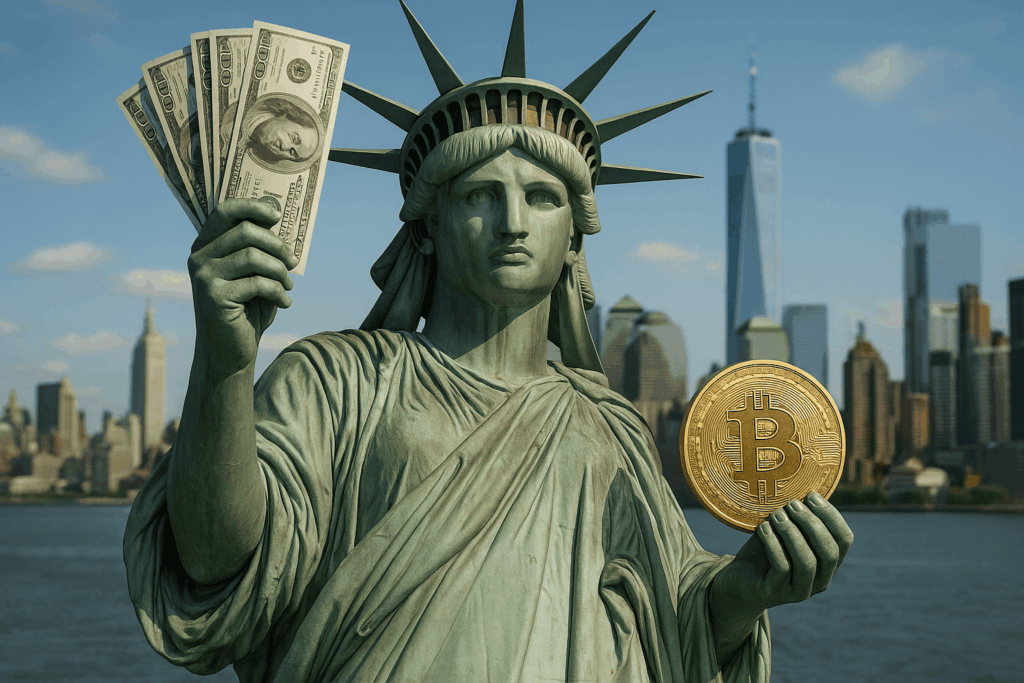The empire’s reach: crypto, the american expat, and the unblinking eye of the IRS

The grand promise of the digital age, particularly in the realm of cryptocurrency, was one of a borderless financial frontier. From Bitcoin held in Berlin to Ethereum staked in Sydney, a new ecosystem has emerged that seems to be beyond the reach of traditional institutions. Yet, innovators and investors operating on this frontier are now confronting the immutable reality of one of history’s most powerful forces: the American tax code. For U.S. citizens abroad, the digital revolution has collided with the long arm of the Treasury.
The Internal Revenue Service, in a foundational decree that shapes this entire landscape, chose not to view cryptocurrency as currency. Instead, it defined it as property. This single decision has profound consequences, meaning every transaction, every digital flicker of movement can trigger a taxable event. The notion that one could operate in a parallel financial system without consequence was a beautiful, but fleeting, dream. The rules of the old world still apply.
This reality creates a complex web of obligations for the American expatriate. The IRS is not concerned with the location of your exchange or the tax laws of your host country. It is a system built on citizenship, not geography. Selling, swapping, earning, or even spending crypto requires a reckoning on a U.S. tax return. To ignore this is to invite the unwelcome attention of an agency known for its patience and its penalties.
Even assets held dormant in foreign wallets are not truly silent. Under regulations like the FBAR and FATCA, the mere act of holding significant assets overseas necessitates a declaration, rendering the invisible visible to the authorities.
The era of ambiguity is definitively closing. Global regulators, through initiatives like the Crypto-Asset Reporting Framework (CARF) and Europe’s DAC8, are systematically dismantling the opacity that once characterized the space. Data sharing between exchanges and tax agencies will soon be the global standard, making compliance not just a wise choice but an inevitability.
For the modern expat navigating this terrain, a few critical miscalculations can prove perilous:
- The Illusion of Inaction: The belief that no tax is due unless assets are “cashed out” into dollars is a fundamental error. Trading one token for another is a taxable sale, as is using crypto to purchase a good or service.
- The Myth of ‘Free’ Creation: Rewards from staking or mining are not seen as finding a treasure. The IRS views them as income, taxable at their market value on the day they are received.
- The Fallacy of Foreign Secrecy: Holding crypto on a non-US exchange is not a veil. The value of those holdings can trigger mandatory reporting requirements like FBAR and FATCA, even if no trades are made.
- The Peril of Historical Amnesia: Future crises are inevitable if the cost basis and transaction dates for each asset are not carefully monitored. Records may be temporary, and exchanges are not libraries.
Navigating this intersection of radical innovation and regulation requires more than just enthusiasm for the technology. It demands a clear-eyed understanding of the rules, ensuring the pioneers of this new digital world do not become casualties of the old one.








